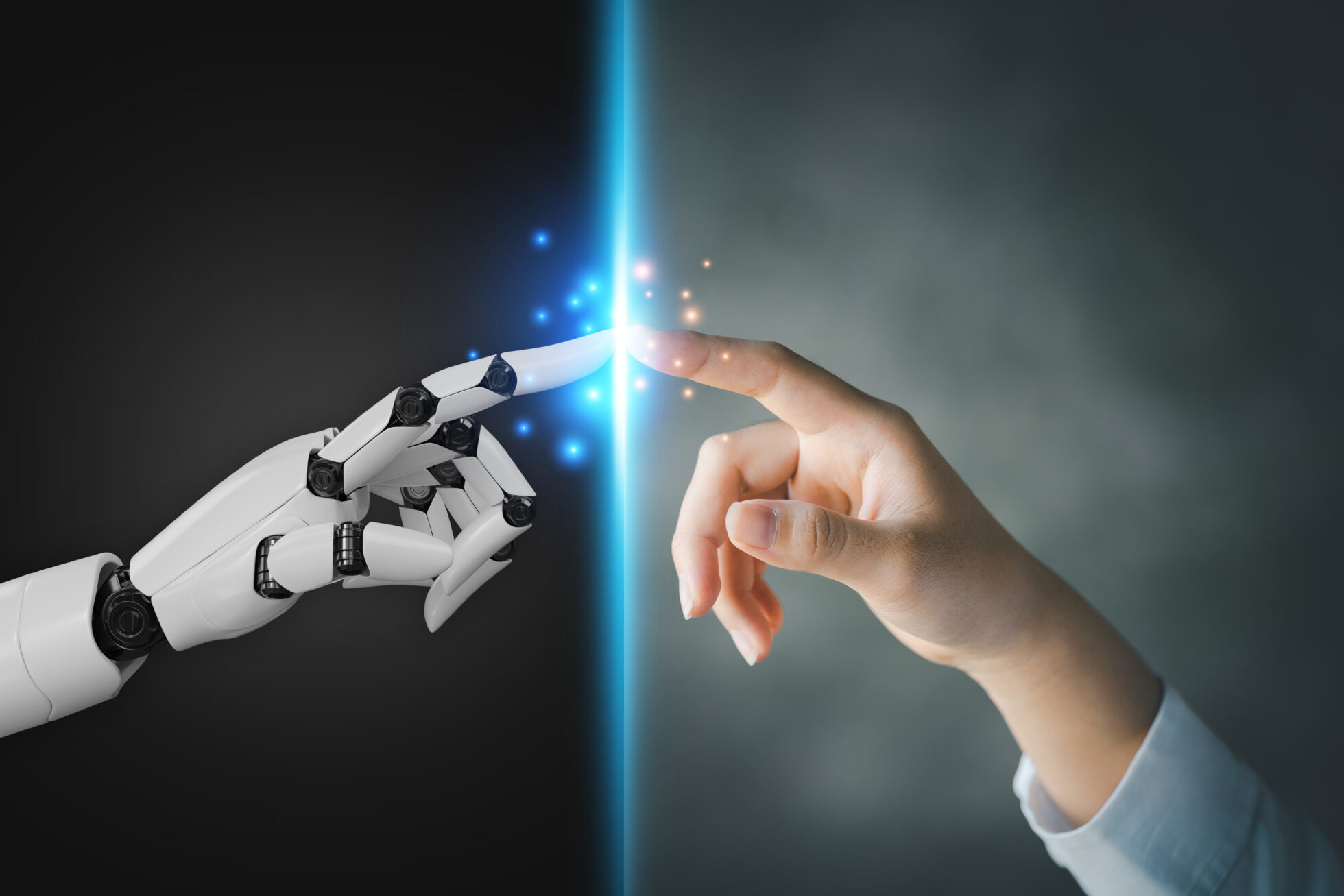
Get your interpreter
- English
- Spanish
Human language interpreters and AI-powered language interpreters both have their advantages and serve different purposes. Here are some benefits of each:
It is important to note that while AI-powered interpreters have made significant progress in recent years, they still need to capture contextual nuances and understand complex language situations accurately. On the other hand, human interpreters possess unique skills and capabilities that enable them to handle complex communication scenarios effectively. Therefore, the choice between human and AI interpreters depends on the specific requirements of the situation and the importance of contextual understanding and cultural sensitivity.
Copyright © 2024 Dialog One, LLC. All rights reserved.